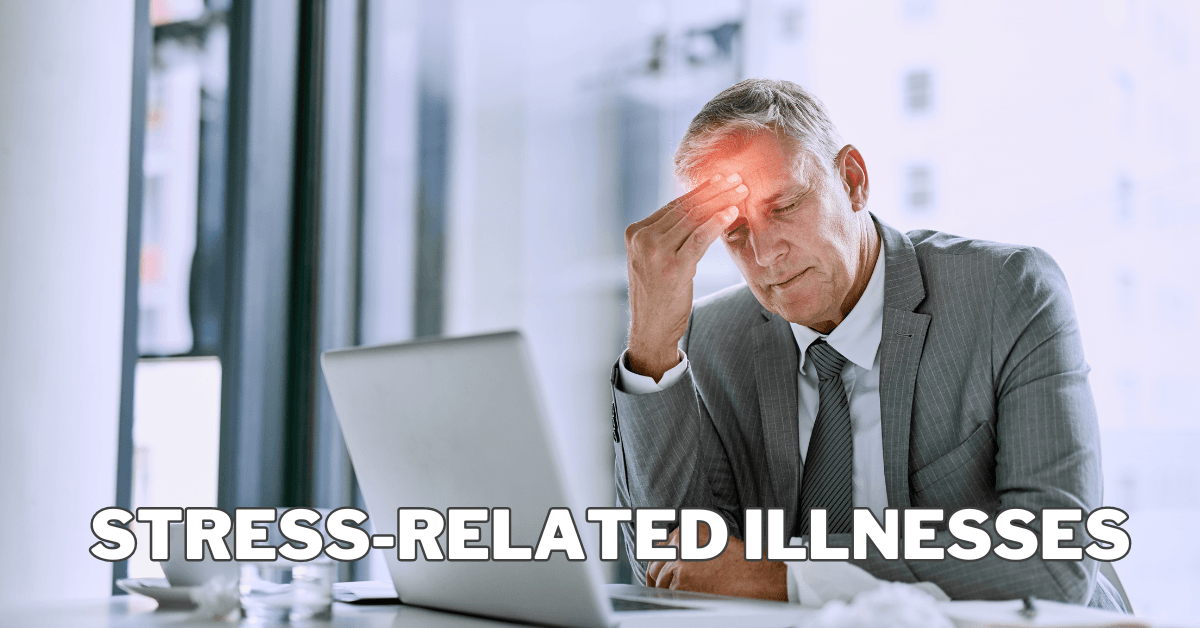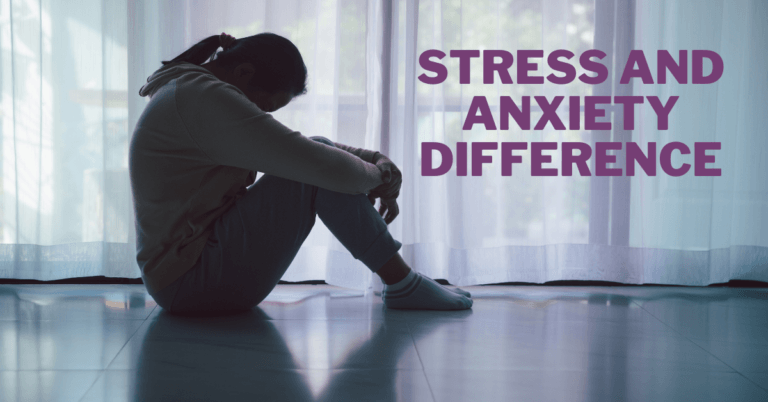Stress-Related Illnesses
Stress-Related Illnesses
Stress-related illnesses have become a worrying reality in our fast-paced and demanding modern world, raising concerns about people's well-being from a variety of backgrounds.
The intricate interplay between our lifestyles, work pressures, and the constant connectivity of the digital age has given rise to a myriad of health issues directly linked to chronic stress.
This article will delve into the multifaceted dimensions of stress-related illnesses, exploring the intricate mechanisms by which stress can manifest as illness.
We disentangle the complexities of stress-related health issues by looking at the most recent research, real-life case studies, and professional insights.
Moreover, the article will provide valuable strategies and preventive measures to empower individuals to navigate the challenges of contemporary living while safeguarding their health.
As we explore stress and its toll on our well-being, our ultimate goal is to illuminate a path toward resilience, balance, and cultivating a healthier, more harmonious lifestyle.
How Can Stress Lead To Illnesses?
Stress, especially long-term and intense, can affect the body's complex systems, triggering physiological reactions that aid in the onset and aggravation of different diseases.
The fundamental mechanism behind this connection is the body's stress response, commonly called the “fight or flight” response.
Our bodies react to stressful situations by releasing stress hormones like cortisol and adrenaline, which help us repel the perceived threat.
Stress hormones like cortisol and adrenaline are released by the body in response to a stressful event, enabling us to face the perceived threat.
On the other hand, the persistent release of these hormones under chronic stress can damage various organs and functions.
Elevated cortisol levels, for instance, can disrupt the body's immune system, making individuals more susceptible to infections and inflammatory conditions.
Moreover, stress-induced inflammation is linked to the development of chronic diseases, including cardiovascular disorders and autoimmune conditions.
The impact extends to the cardiovascular system, where heightened stress can lead to increased heart rate, elevated blood pressure, and an augmented risk of heart disease.
Additionally, stress has profound effects on mental health, contributing to the development or exacerbation of anxiety and depression.
The digestive system is not immune, as chronic stress may lead to gastrointestinal issues such as irritable bowel syndrome (IBS) and exacerbate conditions like acid reflux.
The intricate interplay between stress and health is further underscored by its impact on sleep patterns, with chronic stress often contributing to insomnia or disrupted sleep, further compromising overall well-being.
Ultimately, the profound physiological changes triggered by chronic stress underscore the importance of recognizing and managing stressors to mitigate the risk of stress-related illnesses and promote long-term health.
Introducing Stress-Related Illnesses
Stress-related illnesses encompass a broad range of health conditions that are directly influenced or exacerbated by chronic stress.
These conditions can affect various systems within the body, leading to physical, mental, and emotional health challenges.
While not an exhaustive list, some common stress-related illnesses include:

1. Cardiovascular Diseases
Chronic stress, which is characterized by extended exposure to stressful situations and increased emotional strain, has been identified as a major risk factor for cardiovascular diseases, which include conditions such as heart disease, stroke, and hypertension.
Chemicals like cortisol and adrenaline are released when the body responds to stress. If these hormone levels are consistently high, they may harm the cardiovascular system.
Elevated stress levels are associated with increased blood pressure, a primary factor in the development of hypertension.
Over time, persistently high blood pressure can lead to the hardening and narrowing of arteries, setting the stage for heart disease.
Additionally, chronic stress promotes inflammation, a process linked to atherosclerosis, the buildup of fatty deposits in arteries, further compromising cardiovascular health.
The heightened risk of stroke is attributed to the intricate interplay between stress, blood pressure, and the potential formation of blood clots.
Recognizing and managing chronic stress becomes paramount in mitigating these cardiovascular risks, emphasizing the integral role of stress management as a key component in the overall prevention and treatment of cardiovascular diseases.

2. Gastrointestinal Disorders
Chronic stress significantly impacts the gastrointestinal system, contributing to the development and exacerbation of various disorders.
Irritable bowel syndrome (IBS), a condition marked by bloating, altered bowel habits, and abdominal pain, is often strongly correlated with stress levels.
IBD, including ulcerative colitis and Crohn's disease, has been related to chronic stress. Stress may exacerbate symptoms and lead to flare-ups of the disease.
Stress can also impact acid reflux, a common gastrointestinal ailment, as it can change how the stomach breaks down and make it more likely for stomach acid to escape into the esophagus.
Since the gut and the brain have a complex relationship known as the gut-brain axis, emotional health can significantly impact digestive health.
Managing and alleviating chronic stress becomes a vital aspect of holistic care for individuals with gastrointestinal disorders, emphasizing the importance of integrating stress-reduction strategies into the overall approach to address and mitigate these conditions effectively.

3. Mental Health Disorders
Chronic stress is a substantial contributor to the onset and escalation of mental health disorders, including anxiety and depression.
The intricate interplay between stress and mental well-being involves complex physiological and psychological mechanisms.
Prolonged exposure to stress triggers the release of stress hormones, affecting neurotransmitter balance and neural circuits implicated in mood regulation.
This hormonal imbalance can lead to persistent feelings of anxiety, characterized by excessive worry and heightened reactivity to stressors.
Serotonin and other neurotransmitters, as well as the neural pathways associated with mood, can be impacted by prolonged stress, which may result in the development of depressive symptoms.
Long-term stress can make mental health conditions worse for those who already have them. To reduce these cardiovascular risks, it is critical to identify and manage chronic stress.
This highlights stress management's vital role in preventing and treating cardiovascular diseases.
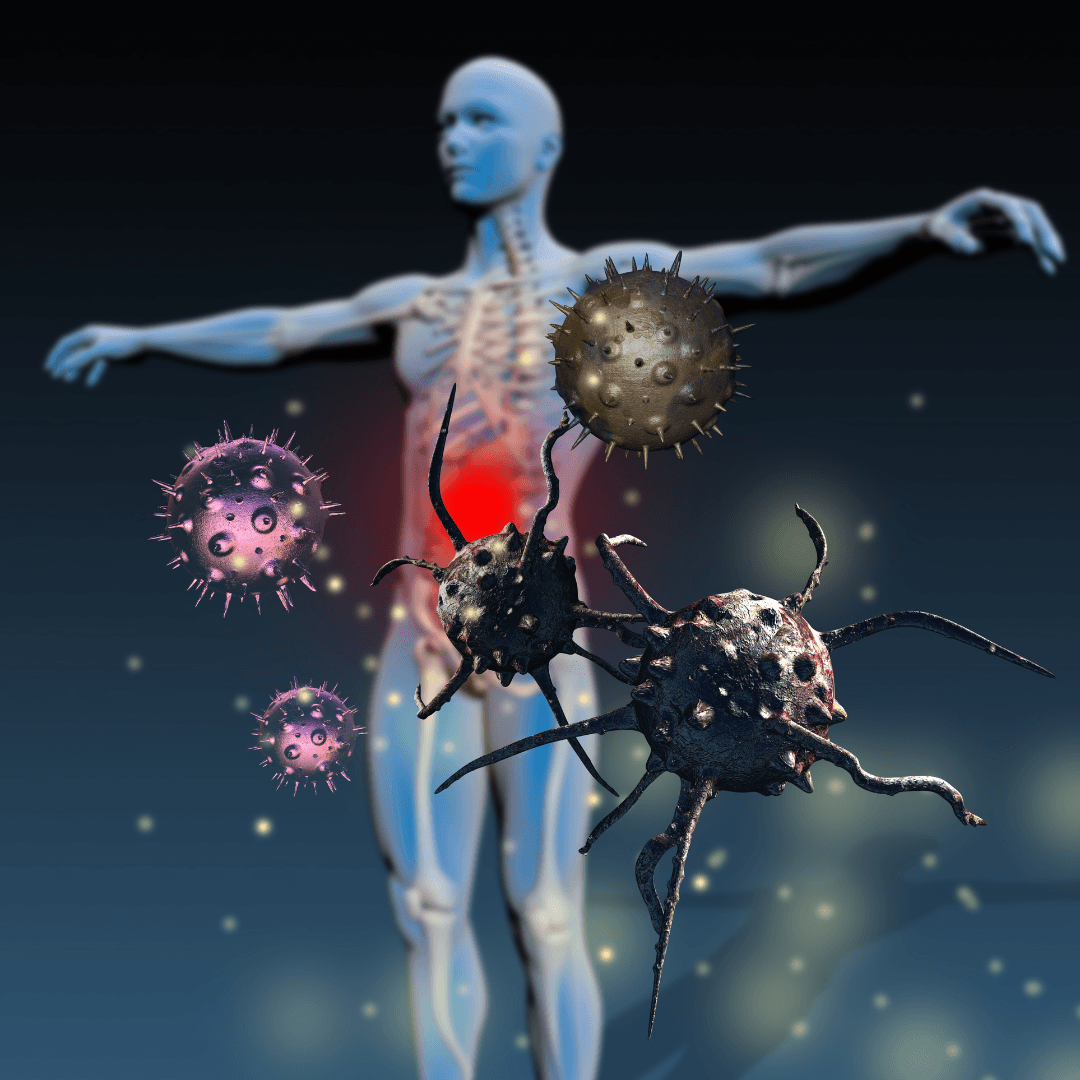
4. Immune System Dysfunction
Prolonged exposure to chronic stress profoundly influences the immune system, compromising its ability to defend the body against infections and illnesses effectively.
Hormones like cortisol are released during a stress response and can suppress immune function if elevated for a long time.
This suppression occurs at various levels, including a reduction in the production of immune cells, impaired function of existing immune cells, and an imbalance in the inflammatory response.
As a result, individuals experiencing chronic stress may find themselves more vulnerable to infections, experiencing longer recovery times, and potentially facing a higher risk of developing chronic inflammatory conditions.
The weakened immune system's inability to robustly defend against pathogens underscores the critical connection between stress and overall health.
Implementing stress management strategies, such as regular exercise, adequate sleep, and mindfulness practices, becomes pivotal in maintaining immune resilience and fostering a well-being that supports the body's innate ability to protect itself against external threats.

5. Endocrine Disorders
Chronic stress substantially threatens the delicate balance of the endocrine system, leading to disruptions in hormonal regulation that can contribute to the development of various disorders.
The body's stress response, driven by releasing hormones like cortisol and adrenaline, can induce prolonged changes in endocrine function.
Elevated cortisol levels, in particular, can interfere with insulin sensitivity, potentially contributing to insulin resistance and the onset of diabetes.
Furthermore, long-term stress may affect the thyroid gland and interfere with the production and secretion of thyroid hormones.
This disruption can manifest as thyroid disorders, including hypothyroidism or hyperthyroidism.
The intricate interplay between stress and the endocrine system underscores the need for comprehensive health management, including stress reduction strategies.
Adopting lifestyle modifications, such as regular exercise, adequate sleep, and mindfulness practices, becomes crucial in mitigating the impact of chronic stress on hormonal balance, promoting endocrine health, and reducing the risk of associated disorders.
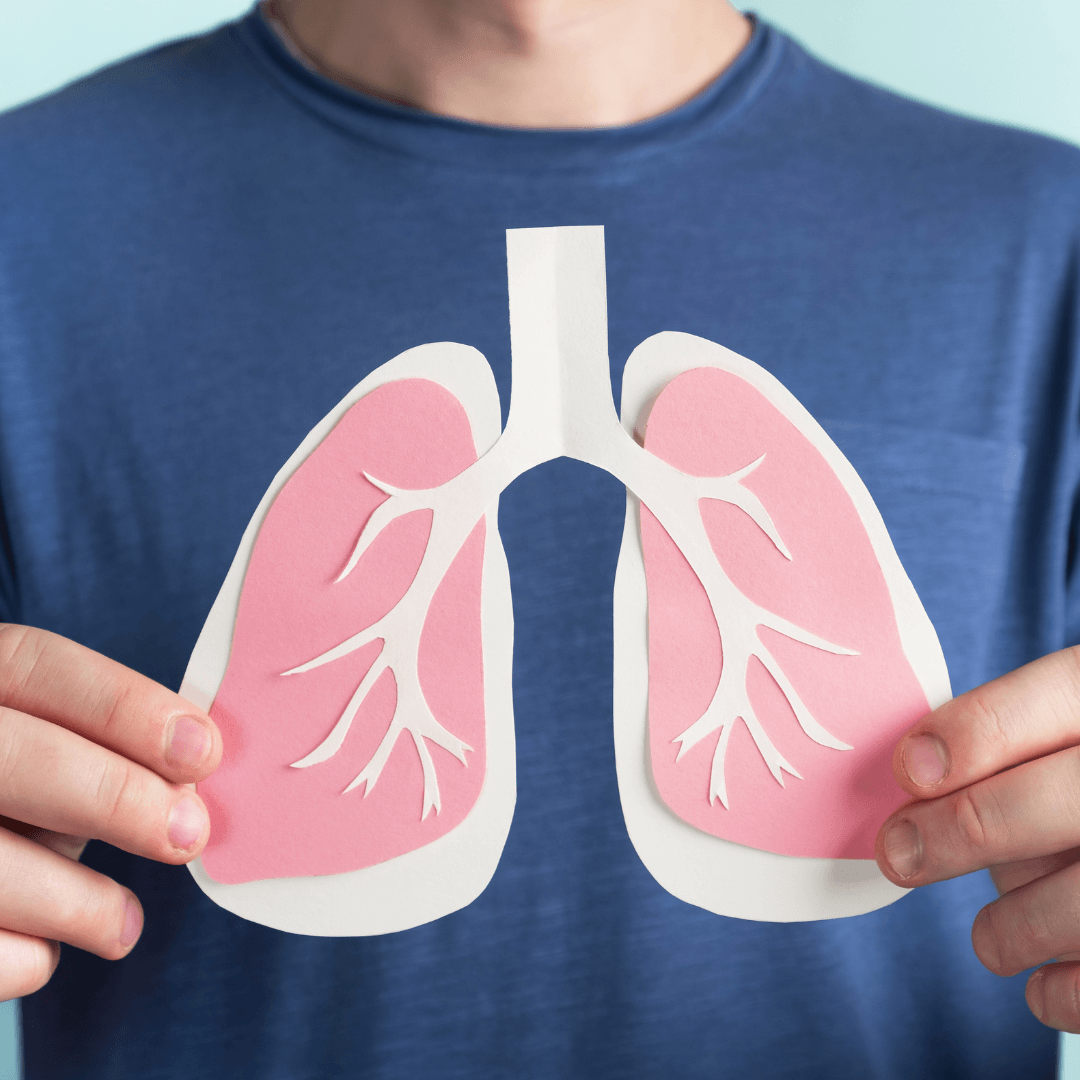
6. Respiratory Issues
Stress and anxiety have a notable impact on respiratory health, exacerbating conditions such as asthma and chronic obstructive pulmonary disease (COPD).
The relationship between psychological factors and respiratory disorders is intricate, involving both physiological and behavioural components.
Stress-induced physiological changes, including increased respiratory rate and changes in airway responsiveness, can trigger or intensify symptoms in individuals with asthma.
The constriction of airways and heightened inflammation may lead to more frequent and severe asthma attacks during periods of elevated stress.
Similarly, individuals with COPD, characterized by chronic bronchitis or emphysema, may experience worsened symptoms when exposed to stress.
Furthermore, stress can contribute to behaviours such as smoking, which is a common risk factor for respiratory issues.
Managing stress becomes an integral part of holistic respiratory care, emphasizing the importance of stress reduction techniques, mindfulness, and relaxation strategies to alleviate the impact of psychological factors on respiratory health and enhance overall well-being.

7. Musculoskeletal Disorders
Chronic stress has far-reaching implications for musculoskeletal health, contributing to the development and exacerbation of various disorders marked by muscle tension and discomfort.
Heightened stress levels often manifest physically, increasing muscle tension in the neck, shoulders, and jaw.
This tension can trigger or worsen conditions such as tension headaches and migraines, characterized by throbbing pain and discomfort.
Additionally, chronic stress plays a role in chronic pain syndromes, where persistent discomfort extends beyond specific injuries or conditions.
Conditions like fibromyalgia, characterized by widespread musculoskeletal pain, may also be influenced by chronic stress.
The physical manifestation of stress-induced muscle tension underscores the interconnectedness of the mind and body.
Using stress-reduction strategies, such as massage therapy, relaxation exercises, and regular exercise, becomes essential for maintaining and preventing stress-related musculoskeletal disorders, enhancing general physical health, and ending the cycle of discomfort brought on by tension.

8. Sleep Disorders
Chronic stress exacts a toll on the delicate balance of sleep, often leading to the development of insomnia and other sleep disturbances.
The physiological and psychological changes induced by persistent stress interfere with the natural sleep-wake cycle.
Elevated stress hormones, particularly cortisol, can disrupt the circadian rhythm, making it challenging for individuals to initiate and maintain restful sleep.
Anxiety and racing thoughts, common companions of chronic stress, further contribute to difficulty falling asleep or experiencing restorative sleep.
Insomnia, characterized by inadequate sleep duration or quality, becomes a prevalent manifestation of this stress-sleep interplay.
Stress-related sleep disturbances may also encompass conditions like sleep apnea and restless legs syndrome, compromising sleep quality.
Addressing chronic stress through mindfulness practices, relaxation techniques, and establishing consistent sleep routines becomes imperative in promoting healthy sleep patterns.
By mitigating the impact of stress on sleep, individuals can cultivate a restful and rejuvenating sleep environment, which is essential for overall well-being and cognitive functioning.

9. Skin Conditions
The intricate connection between stress and skin health is evident in the exacerbation and onset of various dermatological conditions.
Chronic stress can trigger or intensify skin conditions such as eczema, psoriasis, and acne. The body's stress response, characterized by releasing hormones like cortisol, can influence immune function and inflammatory responses, potentially leading to flare-ups of skin disorders.
Individuals with eczema may experience heightened itching and inflammation during elevated stress, exacerbating the skin's dryness and discomfort.
Similarly, stress can aggravate psoriasis, a long-term autoimmune disease marked by a fast accumulation of skin cells that cause red, scaly patches.
Acne, influenced by hormonal fluctuations, can also be aggravated by stress-induced hormonal changes.
Recognizing the connection between stress and skin conditions emphasizes the importance of stress management techniques, skincare practices, and a holistic approach to dermatological care to mitigate the impact of stress on skin health and promote a clearer complexion.

10. Reproductive Health Issues
Chronic stress poses a significant influence on reproductive health, impacting both men and women and manifesting in various ways.
In women, stress can disrupt the delicate balance of hormones, potentially leading to irregular menstrual cycles, anovulation, or even amenorrhea.
These disruptions can affect fertility by altering the timing and regularity of ovulation. Additionally, stress-related changes in hormonal patterns may contribute to difficulties in conceiving.
In men, chronic stress has been associated with alterations in sperm quality and quantity, potentially affecting fertility.
Stress-induced hormonal changes and oxidative stress may contribute to sperm dysfunction, affecting overall reproductive outcomes.
Furthermore, stress can influence sexual function and desire in both genders, creating additional challenges for couples attempting to conceive.
Recognizing the impact of chronic stress on reproductive health highlights the importance of comprehensive care that addresses not only physical factors but also psychological well-being.
Managing stress through relaxation techniques, mindfulness, and lifestyle modifications becomes crucial in fostering a reproductive environment conducive to conception and overall reproductive health.
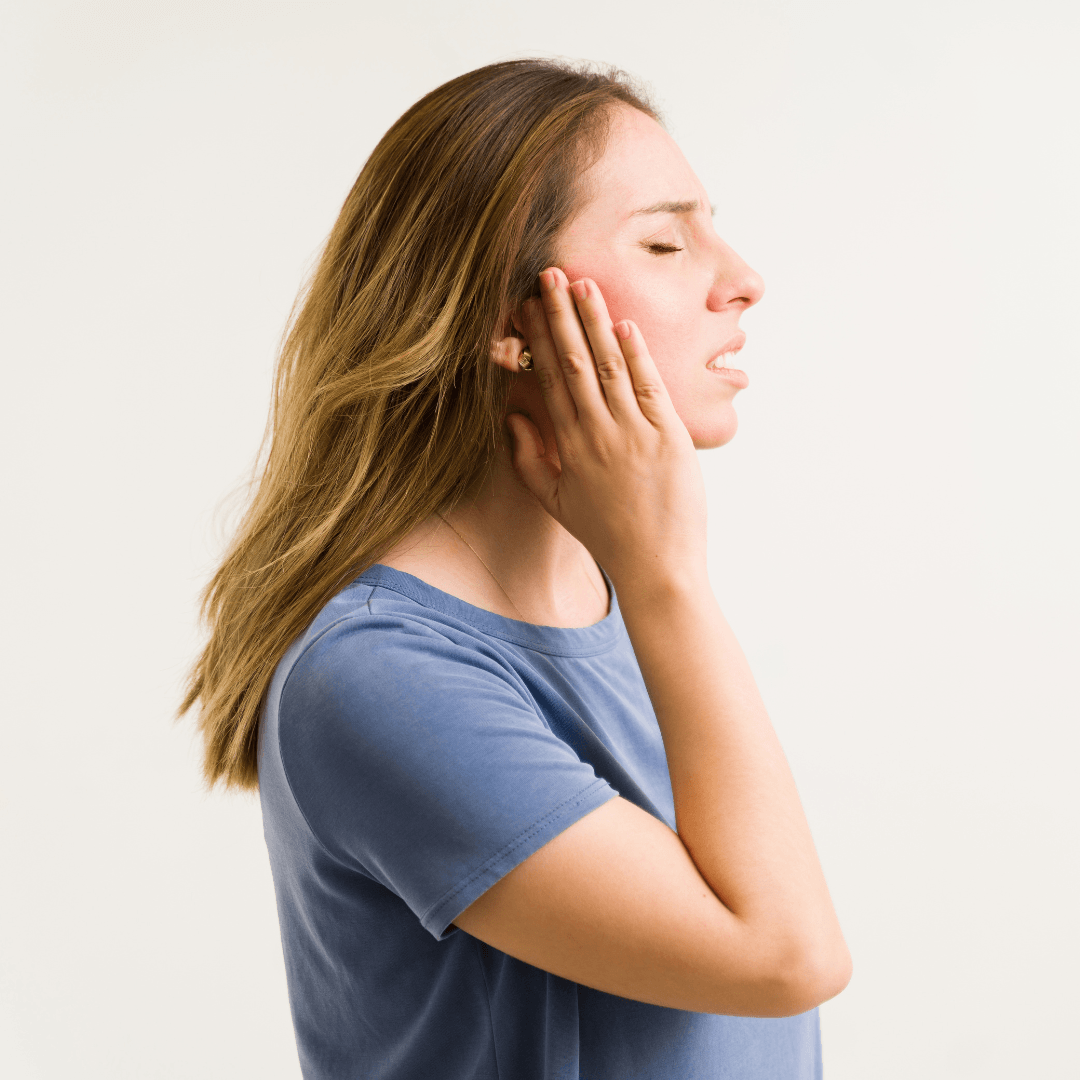
11. Tinnitus
Chronic stress can exacerbate or contribute to the perception of tinnitus, a condition characterized by the sensation of ringing, buzzing, or other noises in the ears without any external sound source.
While the exact mechanisms underlying tinnitus remain complex and multifaceted, stress is believed to play a significant role in its development and exacerbation.
Stress-induced changes in the central nervous system, particularly alterations in neurotransmitter levels and neural circuitry, may heighten sensitivity to auditory stimuli, amplifying the perception of tinnitus sounds.
Also, stress can exacerbate underlying conditions contributing to tinnitus, such as temporomandibular joint (TMJ) disorders or muscle tension in the neck and jaw.
The psychological impact of chronic stress, including heightened anxiety and emotional distress, can further exacerbate tinnitus symptoms by increasing awareness and attention to the perceived sounds.
Recognizing the potential link between stress and tinnitus underscores the importance of stress management techniques and holistic approaches to tinnitus management, which may include relaxation exercises, sound therapy, and counselling to alleviate symptoms and improve quality of life.

12. Memory And Cognitive Issues
Prolonged exposure to chronic stress can harm cognitive function, manifesting as memory issues, difficulty concentrating, and cognitive decline over time.
The physiological mechanisms underlying this connection involve the stress response's impact on brain structures and neurotransmitter systems involved in cognition.
Elevated levels of stress hormones, such as cortisol, can impair synaptic plasticity and hippocampal function, crucial for memory formation and retrieval.
Chronic stress may also lead to structural changes in the brain, including reduced volume in key regions associated with memory and executive function.
Stress-induced inflammation and oxidative stress can further exacerbate cognitive impairment by damaging neurons and interfering with neurotransmitter signalling.
The cognitive symptoms of chronic stress, including forgetfulness, foggy thinking, and decreased mental sharpness, can significantly impact daily functioning and quality of life.
Implementing stress management strategies, cognitive exercises, and lifestyle modifications is essential in mitigating chronic stress's effects and preserving long-term mental health.
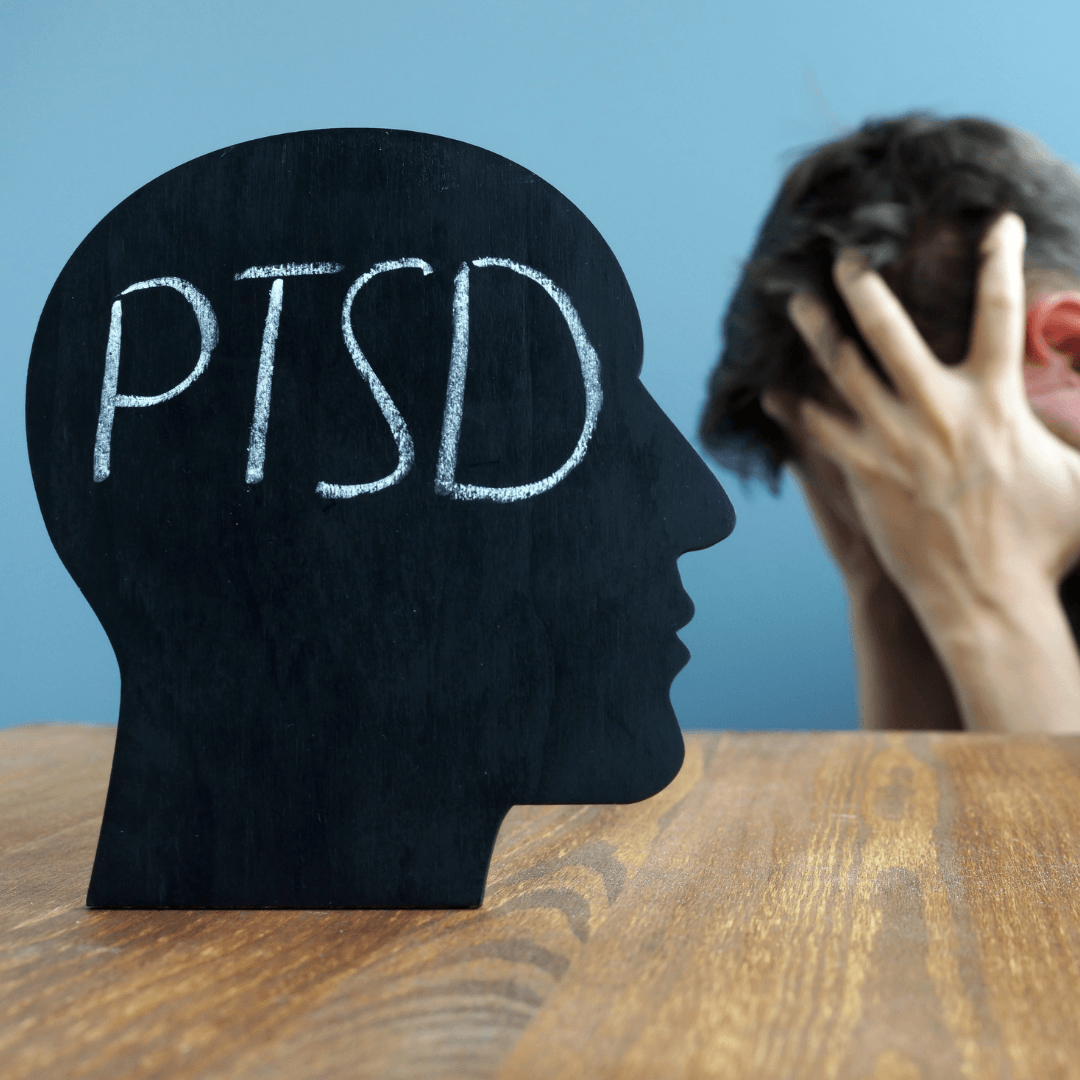
13. Post-Traumatic Stress Disorder (PTSD)
A mental health condition known as post-traumatic stress disorder (PTSD) can arise in people who have undergone severe stress or trauma.
It often arises in the aftermath of life-threatening events, such as combat, natural disasters, accidents, or incidents involving personal assault.
Individuals with PTSD may exhibit persistent psychological and emotional distress, re-experiencing traumatic events through intrusive memories, nightmares, or flashbacks.
Hyperarousal, characterized by heightened vigilance, irritability, and difficulty sleeping, is common.
Other important characteristics include negative mood and cognitive changes as well as avoiding reminders of the trauma.
PTSD can have a serious negative effect on relationships, day-to-day functioning, and overall quality of life.
It is imperative that people with post-traumatic stress disorder (PTSD) seek professional assistance as different therapeutic modalities, such as cognitive-behavioural therapy and medication, can be useful in managing and reducing the symptoms.
Early intervention and comprehensive support contribute to the successful recovery and resilience of individuals grappling with the profound psychological aftermath of traumatic experiences.
Conclusion
It's essential to note that the manifestation of stress-related illnesses can vary widely among individuals, and the impact of stress on health is interconnected and complex.
Mitigating the effects of chronic stress on overall well-being requires understanding the warning signs of stress-related illnesses, controlling stress levels, and getting professional help when necessary.
In conclusion, the pervasive influence of chronic stress highlights the urgent need for proactive stress management, recognizing its profound impact on both mental and physical health, to mitigate the risk of stress-related illnesses.
Recognizing the profound impact of stress on health serves as a clarion call to prioritize self-care, adopt stress-reduction strategies, and foster resilience in the face of life's challenges.
As we navigate the complexities of modern life, understanding that stress is not merely a fleeting inconvenience but a significant determinant of our well-being becomes paramount.
Ultimately, the journey towards well-being involves embracing practices that nourish the mind, nourish the body, and foster a resilient spirit.
Understanding the strong connection between stress and health allows us to live happy, healthy lives full of energy, balance, and long-lasting well-being.
I trust you enjoyed this article about Stress-Related Illnesses. Please stay tuned for more blog posts to come shortly.
JeannetteZ
>>>Please click here to read my all-inclusive article about Lessons That Will Teach You All About Stress<<<
>>>Are you interested in Natural Healing And Stress Relief through Herbs? Please click here for my #1 Recommendation<<<
Your Opinion Is Important To Me
Do you have thoughts, ideas, or questions? I would love to hear from you. Please leave me your questions, experiences, and remarks about Stress-Related Illnesses in the comments section below. You can also email me at Jeannette@Close-To-Nature.org.
Disclosure
This post may contain affiliate links. I earn from qualifying purchases as an Amazon Associate and other affiliate programs. Please read my full affiliate disclosure.
You might also enjoy these blog posts:
The Difference Between Worry Stress And Anxiety

